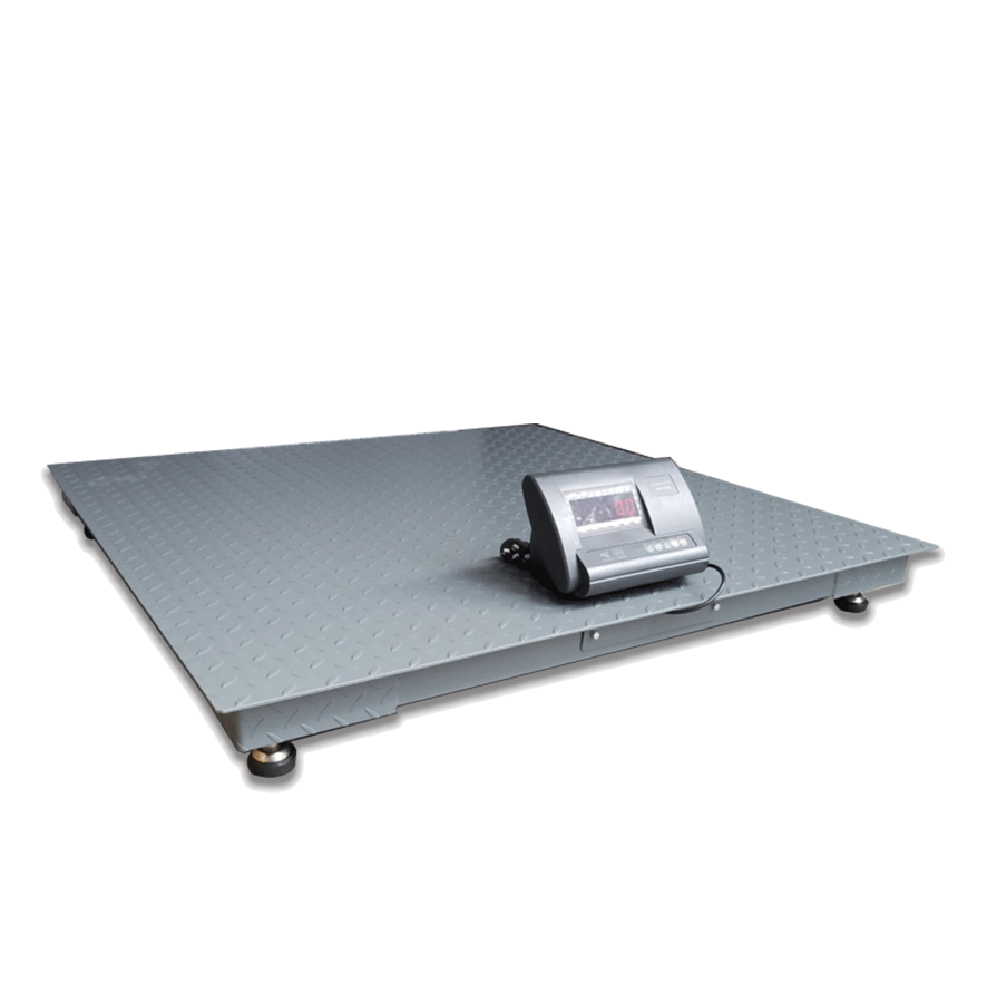How Industrial Scales Enhance Safety and Precision in Bulk Weighing Applications
How Industrial Scales Enhance Safety and Precision in Bulk Weighing Applications
Blog Article
How Industrial Scales Work: A Thorough Review for New Users
Comprehending the technicians behind commercial ranges is essential for new users who intend to make certain precision in their measurements. These devices count on tons cells and pressure gauge technology to transform weight into a measurable format, yet the subtleties of their procedure expand past plain capability. From the different kinds readily available to the vital techniques for proper use and maintenance, each facet plays a substantial role in achieving trusted results. As we check out these elements, one should consider how these elements engage to enhance efficiency in diverse industrial applications.
Fundamentals of Industrial Scales
Industrial ranges are important devices made use of throughout various fields, including production, logistics, and agriculture, to make certain exact weight dimensions of heavy loads. The fundamental principle behind industrial ranges entails the conversion of weight right into a measurable form that can be presented electronically or analogically. These ranges utilize different mechanisms, such as load cells or mechanical levers, to identify the weight of items positioned upon them.

Along with their dimension capacities, industrial scales are made to hold up against severe atmospheres, including robust construction that resists dust, dampness, and hefty impacts. Calibration and upkeep are essential to make certain accuracy, as even small disparities can lead to considerable economic effects. By recognizing the fundamentals of commercial scales, customers can value their value in numerous industrial applications.
Sorts Of Industrial Scales
Numerous kinds of industrial ranges cater to the diverse needs of different industries, each developed to handle specific weighing jobs with precision and dependability. Among the most typical kinds are floor ranges, which are perfect for considering hefty and bulky things. These scales generally feature huge platforms and can accommodate palletized items, making them important in warehouses and delivery facilities.
An additional type is bench ranges, which are typically made use of for smaller sized items in manufacturing and retail setups. They supply precise measurements for products that require precision, such as chemicals or components in production line (Industrial Scales). For mobile operations, mobile scales provide adaptability and convenience of transport, suitable for fieldwork or momentary installments
In applications calling for high-capacity measurements, such as in bulk product handling, crane scales and tons cells are utilized. These scales can measure loads put on hold from a crane or other training apparatus, ensuring safety and security and accuracy throughout procedures. Furthermore, specialized ranges like checkweighers are used in assembly line to preserve high quality control by making sure that items meet weight specifications. Each type of industrial range plays a critical function in improving functional efficiency and precision across numerous industries.
Exactly How Weighing Mechanisms Work
Considering devices are important components that enable accurate measurement of mass across various industrial scales. These systems utilize various principles of physics and engineering to give specific weight readings, crucial for inventory monitoring, quality assurance, and compliance with regulatory requirements.
One usual sort of evaluating device is the tons cell, which operates on the concept of stress determines. When a lots is applied, the lots cell deforms somewhat, producing an electric signal proportional to the weight. This signal is after that converted right into a legible weight measurement by the range's electronic devices.
Another commonly utilized mechanism is the mechanical equilibrium, which employs a system of weights and levers. Industrial Scales. This method depends on the concept of stability, where the weight of the object being measured is stabilized against known weights, permitting direct measurement
In addition, visit this site hydraulic and pneumatically-driven scales leverage liquid characteristics concepts to determine weight. These systems utilize the pressure put in by a load to identify weight, supplying high precision for substantial tons.
Proper Use Methods
When utilizing industrial scales, adhering to appropriate use strategies is vital for preserving and making certain precise measurements devices integrity. It is necessary to pick the appropriate scale for your details application, as ranges vary in capacity and precision.
Before considering, make sure that the scale is put on a steady, level surface free from disruptions or resonances. This will assist to reduce errors brought on by external aspects. Additionally, calibrate the scale according to the manufacturer's specs before utilize, ensuring that it is functioning properly.
When placing things on the range, disperse the weight uniformly to avoid tipping or damaging the tools. Always permit the scale to maintain before tape-recording the weight, as fluctuations might occur throughout preliminary placement. For bulk products, utilize containers that are suitable for the range dimension to avoid overloading.
Moreover, stay clear of putting excessively hot or cool products directly on the range, as temperature variations can influence precision. Finally, keep the considering system tidy and cost-free of debris to stop contamination and make sure reputable outcomes. By adhering to these techniques, individuals can optimize the performance and durability of their commercial scales.
Maintenance and Calibration Tips
Making sure the durability and accuracy of commercial ranges needs diligent maintenance and routine calibration. A preventive maintenance timetable is vital; it must consist of routine inspections to recognize damage, especially on lots cells and other delicate elements. On a regular basis cleansing the range's surface area and making sure the surrounding area is free from particles will Check This Out assist keep its integrity and efficiency.
Calibration is just as necessary and must be performed at regular periods or whenever the scale experiences significant modifications in temperature level, use this link moisture, or physical variation. Use qualified calibration weights that are deducible to nationwide standards for precision. Record each calibration session meticulously to track efficiency gradually and recognize any type of fads or persisting issues.
Train all operators on appropriate range usage and maintenance procedures to make certain regular performance and accuracy. By adhering to these maintenance and calibration pointers, users can enhance the integrity of their industrial scales, guaranteeing ideal procedure in any kind of setup.
Verdict

Comprehending the technicians behind commercial ranges is essential for brand-new individuals that want to ensure precision in their measurements.Industrial ranges are vital tools made use of across different fields, consisting of manufacturing, logistics, and farming, to ensure accurate weight measurements of hefty tons. The basic concept behind commercial ranges entails the conversion of weight right into a measurable form that can be displayed digitally or analogically. By comprehending the basics of commercial scales, customers can appreciate their significance in various commercial applications.
In verdict, recognizing the operation and upkeep of industrial ranges is essential for making certain accurate weight measurements in numerous applications. (Industrial Scales)
Report this page